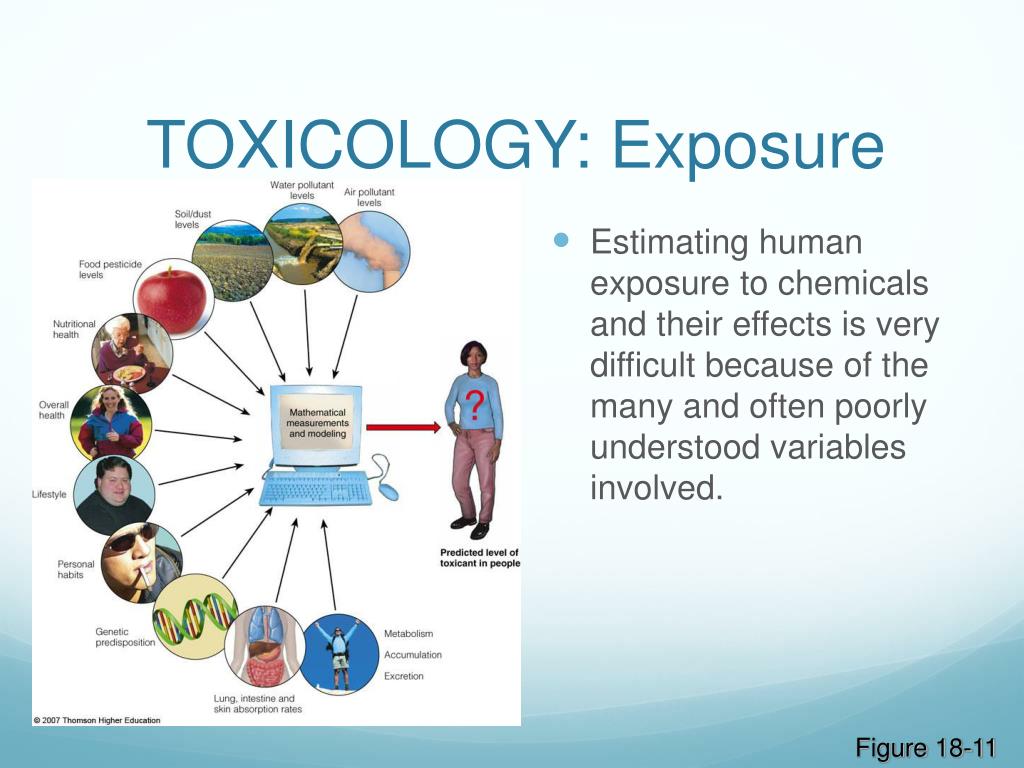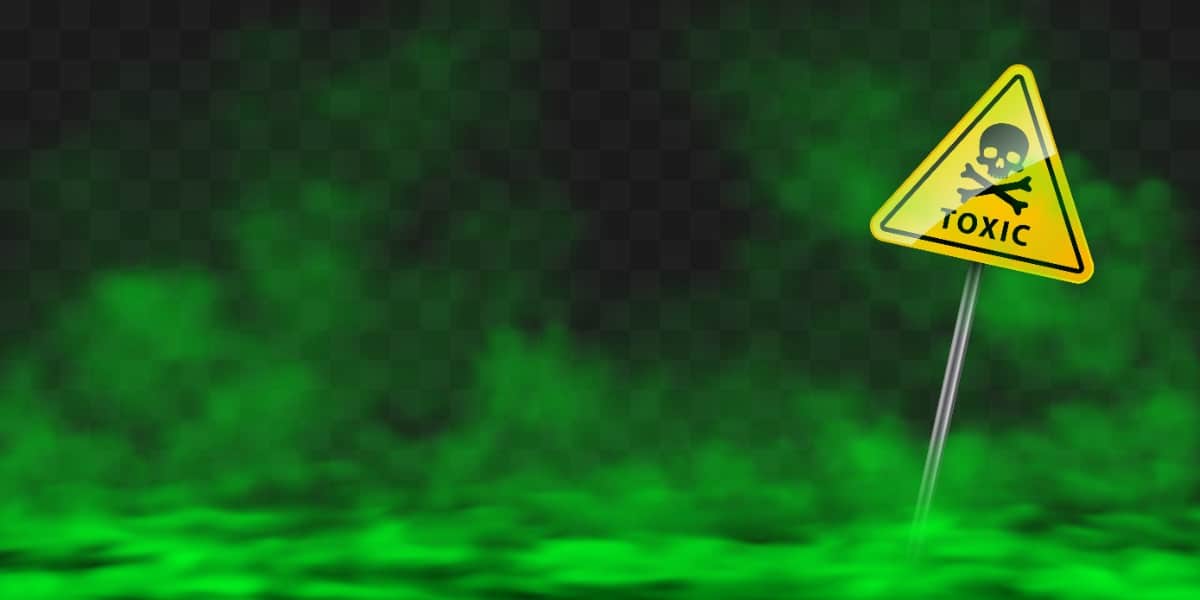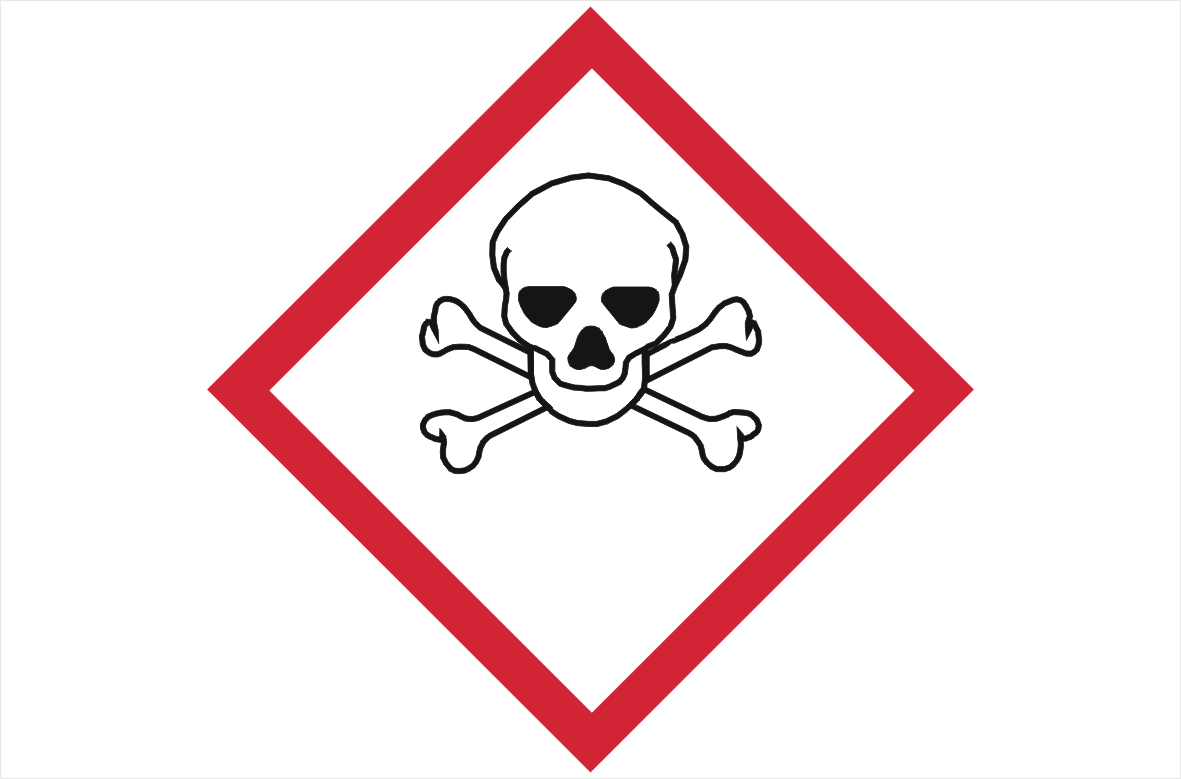When you first unpack a new foam mattress, you may notice a strong chemical smell. This odor can be off-putting and concerning, especially if you have concerns about chemical exposure and air quality. But what causes this foam mattress smell in the first place? Many foam mattresses are made with synthetic materials, such as polyurethane foam or memory foam. These materials are known for emitting volatile organic compounds (VOCs), which are chemicals that can evaporate and release fumes into the air. These VOCs are what create the strong chemical smell that is often associated with foam mattresses.1. Understanding the Foam Mattress Smell: What Causes the Chemical Odor?
The process of off-gassing occurs when the VOCs in a foam mattress evaporate and release fumes into the air. These fumes can be harmful to your health, as they can irritate your respiratory system and cause headaches, dizziness, and other symptoms. This is why it is important to pay attention to the foam mattress smell and take precautions to reduce your exposure to these chemicals. Off-gassing is most common in new foam mattresses, as the VOCs are at their highest levels during the initial unpacking and airing out process. However, the chemical smell can persist for weeks or even months after purchase, depending on the quality and composition of the foam mattress.2. The Dangers of Chemical Smell: Is Your Foam Mattress Off-Gassing?
If you are concerned about the chemical smell of your foam mattress, there are steps you can take to reduce your exposure to these fumes. Here are a few tips to help minimize the foam mattress odor: • Air out your mattress: When you first unpack your foam mattress, let it air out in a well-ventilated area for at least 24-48 hours. This will help to dissipate the chemical fumes and reduce the foam mattress smell. • Use a mattress cover: A waterproof mattress cover can help to seal in any lingering chemical fumes and prevent them from entering the air in your bedroom. • Opt for natural materials: If you are concerned about the chemical emissions of foam mattresses, consider choosing a mattress made with natural materials, such as organic cotton or natural latex.3. How to Reduce Chemical Odor: Tips for Minimizing Foam Mattress Fumes
VOCs are not only found in foam mattresses, but they can also be present in many other household products, such as paint, cleaning supplies, and furniture. These chemicals can have a significant impact on indoor air quality, which is why it is important to pay attention to the foam mattress VOCs and take steps to reduce your exposure to them. VOCs have been linked to a variety of health issues, including respiratory irritation, headaches, and even more serious long-term effects such as cancer and reproductive disorders. This is why it is important to take the foam mattress smell seriously and make choices that prioritize your health and well-being.4. The Importance of Air Quality: Understanding VOCs and Their Effects
Many foam mattress companies claim to use low- or no-VOC materials in their products, but how can you be sure that you are not being exposed to harmful chemicals? One way to measure the chemical toxicity of a foam mattress is to look for certifications from third-party organizations, such as CertiPUR-US or Greenguard Gold. These organizations test mattresses for harmful emissions and certify those that meet their strict standards for indoor air quality. Choosing a foam mattress with these certifications can help to ensure that you are not bringing harmful chemicals into your home.5. Foam Mattress Air Quality: Measuring the Chemical Toxicity
If you are concerned about the potential health effects of foam mattress chemicals, you may want to consider choosing a mattress made with natural materials. Organic cotton, natural latex, and wool are all materials that are free from harmful chemicals and can provide a comfortable and safe sleeping environment. While natural materials may come with a higher price tag, they can be worth the investment for those who prioritize their health and the air quality in their home.6. The Benefits of Natural Materials: Choosing a Foam Mattress without Chemical Odor
Proper ventilation is key when it comes to reducing the foam mattress smell and improving air quality in your bedroom. Make sure that your room has adequate airflow and consider using an air purifier to filter out any remaining chemical fumes. You may also want to consider using natural air fresheners, such as essential oils or beeswax candles, to help mask any lingering foam mattress odor.7. The Role of Ventilation: Improving Foam Mattress Air Quality
The foam mattress smell may dissipate over time, but the long-term effects of chemical exposure can still be a concern. Continued exposure to VOCs can have serious health consequences, which is why it is important to take steps to reduce your exposure and prioritize your health. Choosing a foam mattress with low or no-VOC certifications and using natural materials are two ways to help minimize your exposure to these chemicals and protect your health in the long run.8. Understanding the Long-Term Effects: How Chemical Emissions Can Impact Your Health
The duration of the foam mattress smell can vary depending on the quality and composition of the mattress. In general, the stronger the chemical smell, the longer it will take to dissipate. Some foam mattresses may have a lingering odor for several weeks, while others may take months to fully air out. Remember to follow the tips mentioned earlier, such as airing out the mattress and using a mattress cover, to help reduce the foam mattress smell and improve the air quality in your home.9. Foam Mattress Off-Gassing: How Long Does the Chemical Smell Last?
While the foam mattress smell can be concerning, it is important to understand the causes and take steps to reduce your exposure to chemical fumes. By choosing a mattress with low or no-VOC certifications and using natural materials, you can prioritize your health and create a safe and comfortable sleeping environment. Remember to pay attention to the foam mattress odor and take proactive steps to improve air quality in your bedroom. Your health and well-being are worth the extra effort and investment.10. In Conclusion: Prioritizing Your Health and Air Quality When Choosing a Foam Mattress
The Truth About Foam Mattress Smells: Understanding the Chemicals Used in Modern House Design
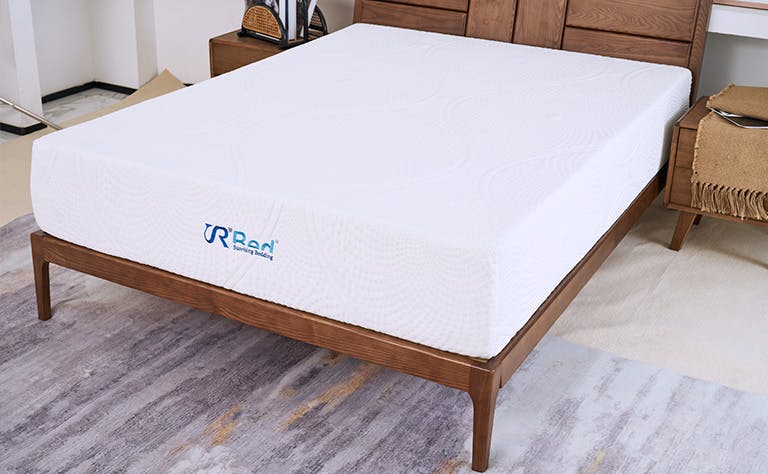
What is a Foam Mattress?
 Foam mattresses have become increasingly popular in recent years, offering a comfortable and supportive alternative to traditional spring mattresses. These mattresses are made from a variety of materials, including polyurethane foam, memory foam, and latex foam. They are known for their ability to conform to the body, providing pressure relief and a better night's sleep. However, with the rise in popularity of foam mattresses, there have been concerns about the potential chemical smells that come with them.
Foam mattresses have become increasingly popular in recent years, offering a comfortable and supportive alternative to traditional spring mattresses. These mattresses are made from a variety of materials, including polyurethane foam, memory foam, and latex foam. They are known for their ability to conform to the body, providing pressure relief and a better night's sleep. However, with the rise in popularity of foam mattresses, there have been concerns about the potential chemical smells that come with them.
The Chemicals Used in Foam Mattresses
 One of the main concerns about foam mattresses is the use of chemicals in their production. Polyurethane foam, the most common material used in foam mattresses, is made from a variety of chemicals, including toluene diisocyanate, formaldehyde, and benzene. These chemicals are known to emit a strong odor, commonly referred to as the "new mattress smell." Memory foam, another popular material, is made from polyurethane foam and the chemical compound polyurethane foam. These chemicals can also emit a strong odor, especially when the mattress is new.
One of the main concerns about foam mattresses is the use of chemicals in their production. Polyurethane foam, the most common material used in foam mattresses, is made from a variety of chemicals, including toluene diisocyanate, formaldehyde, and benzene. These chemicals are known to emit a strong odor, commonly referred to as the "new mattress smell." Memory foam, another popular material, is made from polyurethane foam and the chemical compound polyurethane foam. These chemicals can also emit a strong odor, especially when the mattress is new.
The Cause of the Chemical Smell
 The chemical smell from foam mattresses is caused by a process called off-gassing. During production, the foam is treated with chemicals, and as the mattress is compressed and packaged, these chemicals are released into the air. The smell can be particularly strong when the mattress is first unpacked, but it will dissipate over time.
The chemical smell from foam mattresses is caused by a process called off-gassing. During production, the foam is treated with chemicals, and as the mattress is compressed and packaged, these chemicals are released into the air. The smell can be particularly strong when the mattress is first unpacked, but it will dissipate over time.
Are These Chemicals Harmful?
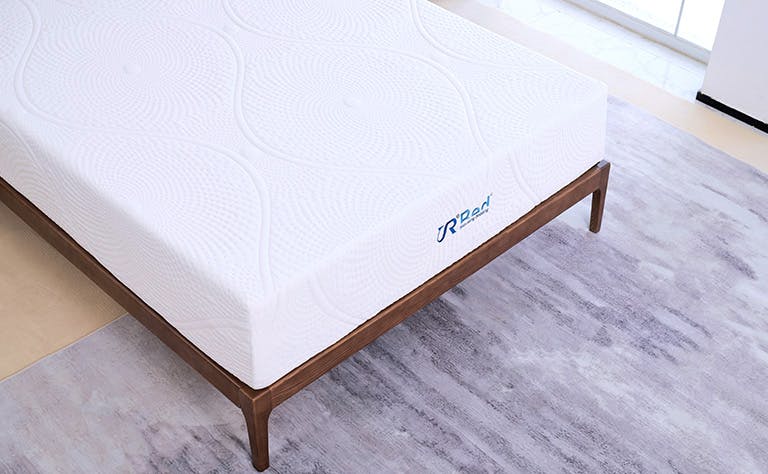 The short answer is no. While the chemical smell can be unpleasant, the chemicals used in foam mattresses are not harmful to most people. The levels of chemicals released during off-gassing are considered safe by regulatory agencies. However, for those with respiratory sensitivities or allergies, the strong smell can cause discomfort and irritation. If you are concerned about the chemicals in your foam mattress, it is always best to research the specific materials used by the manufacturer and opt for mattresses with low VOC (volatile organic compound) emissions.
The short answer is no. While the chemical smell can be unpleasant, the chemicals used in foam mattresses are not harmful to most people. The levels of chemicals released during off-gassing are considered safe by regulatory agencies. However, for those with respiratory sensitivities or allergies, the strong smell can cause discomfort and irritation. If you are concerned about the chemicals in your foam mattress, it is always best to research the specific materials used by the manufacturer and opt for mattresses with low VOC (volatile organic compound) emissions.
Reducing the Smell
 If the chemical smell is bothersome, there are steps you can take to reduce it. Before using your new foam mattress, allow it to air out in a well-ventilated room. You can also place it in direct sunlight for a few hours to help speed up the off-gassing process. Using a mattress protector can also help reduce the smell. If the smell persists, you can try using a natural deodorizer, such as baking soda, to absorb the odors.
If the chemical smell is bothersome, there are steps you can take to reduce it. Before using your new foam mattress, allow it to air out in a well-ventilated room. You can also place it in direct sunlight for a few hours to help speed up the off-gassing process. Using a mattress protector can also help reduce the smell. If the smell persists, you can try using a natural deodorizer, such as baking soda, to absorb the odors.
In Conclusion
 While the chemical smell from foam mattresses may be a concern for some, it is important to understand that the materials used are not harmful to most people. With proper ventilation and patience, the smell will dissipate over time. Remember to research the materials used in your foam mattress and opt for low VOC options if you have sensitivities. With a little bit of knowledge and preparation, you can enjoy the comfort and support of a foam mattress without worrying about the chemical smell.
While the chemical smell from foam mattresses may be a concern for some, it is important to understand that the materials used are not harmful to most people. With proper ventilation and patience, the smell will dissipate over time. Remember to research the materials used in your foam mattress and opt for low VOC options if you have sensitivities. With a little bit of knowledge and preparation, you can enjoy the comfort and support of a foam mattress without worrying about the chemical smell.



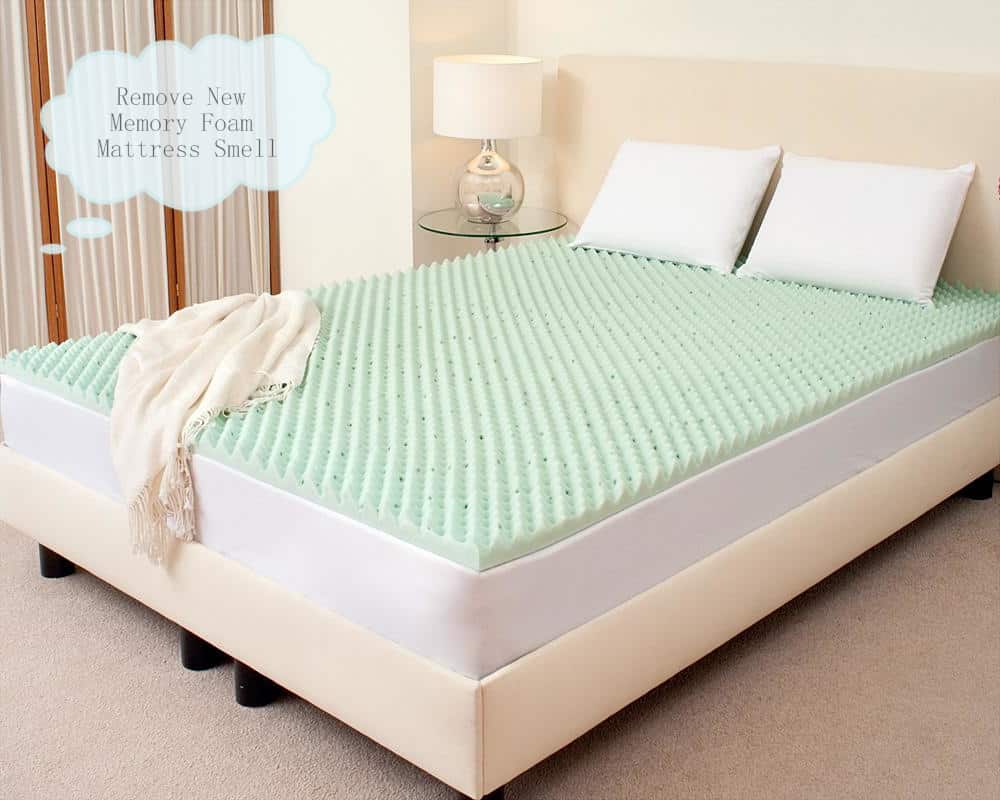

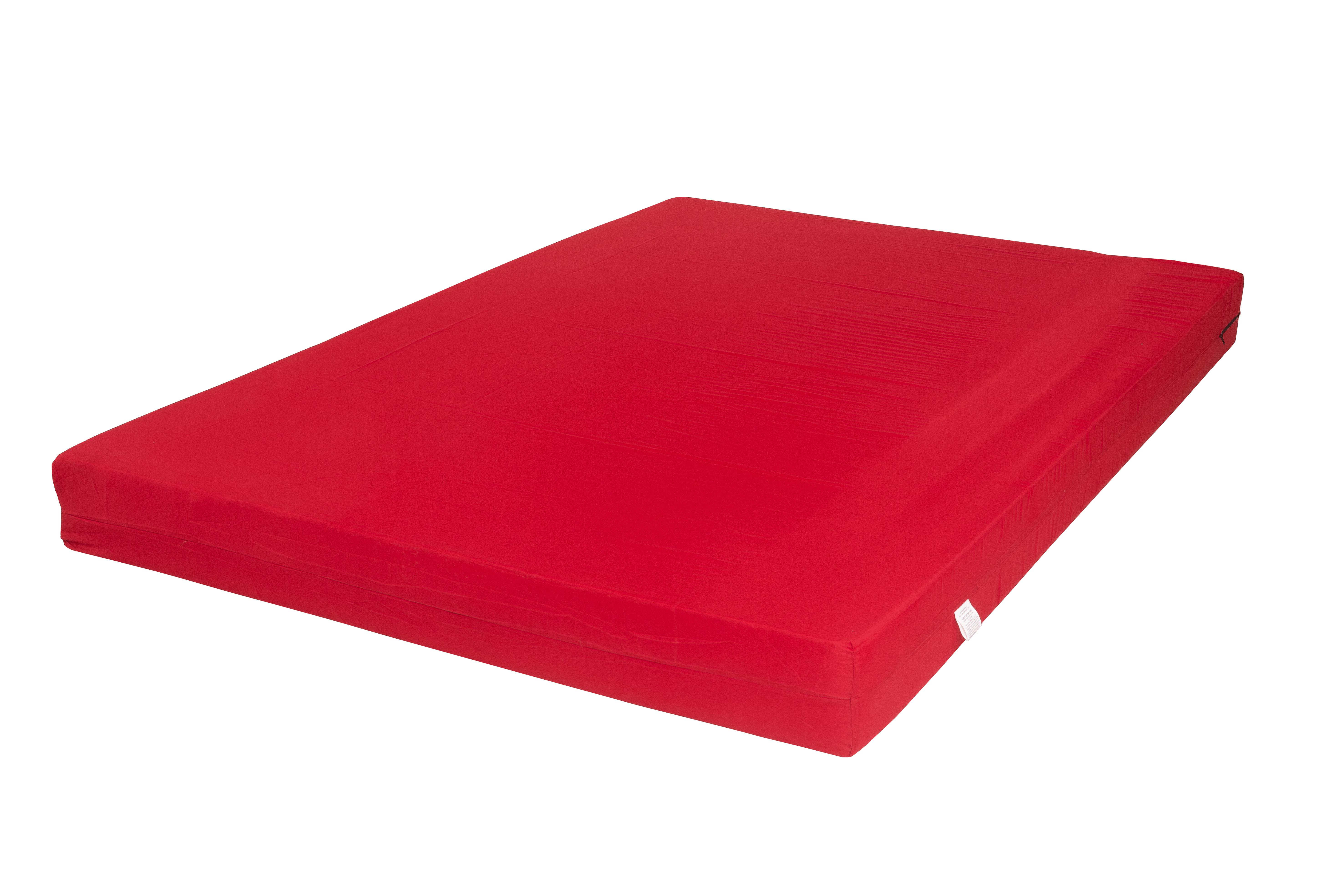



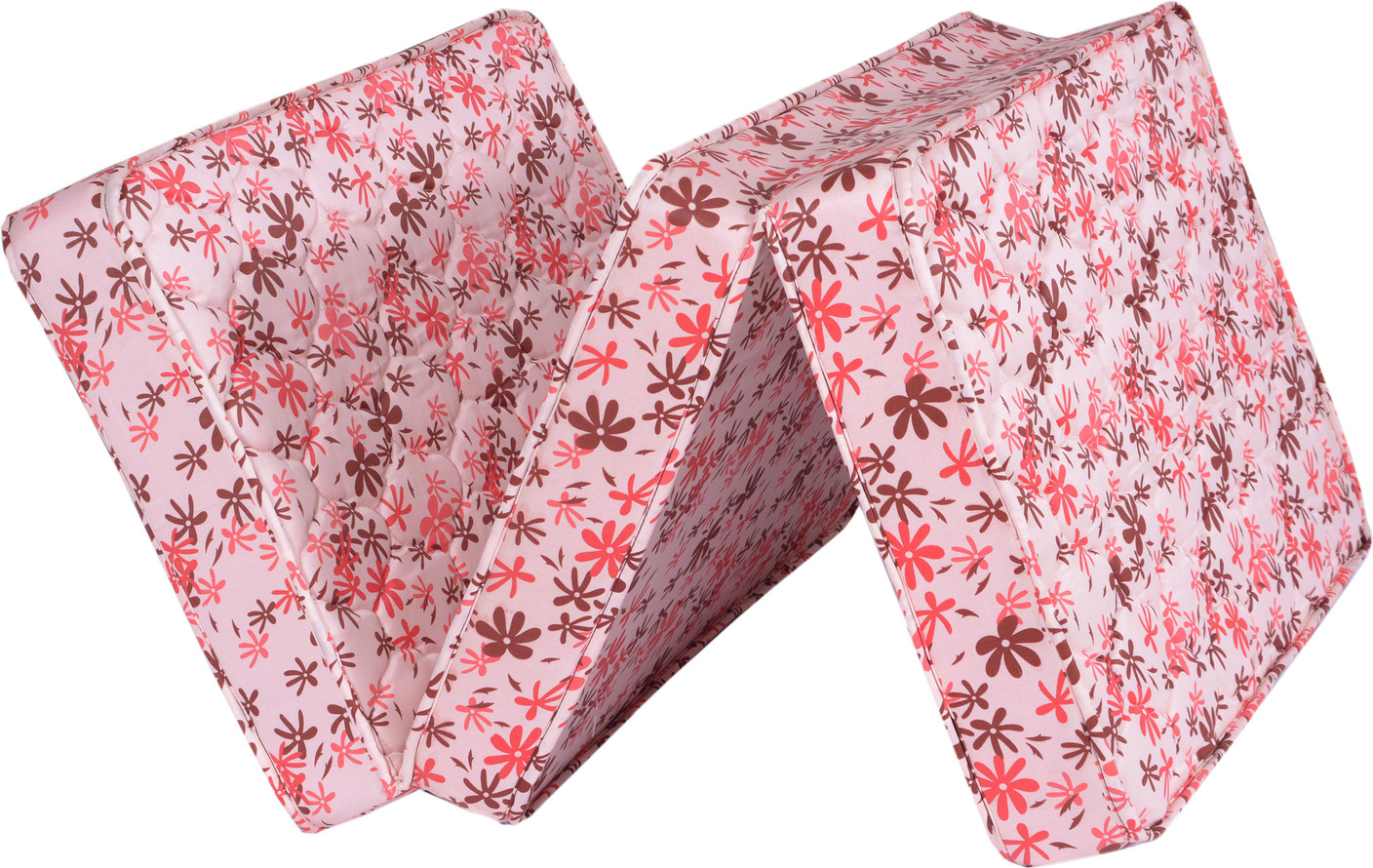




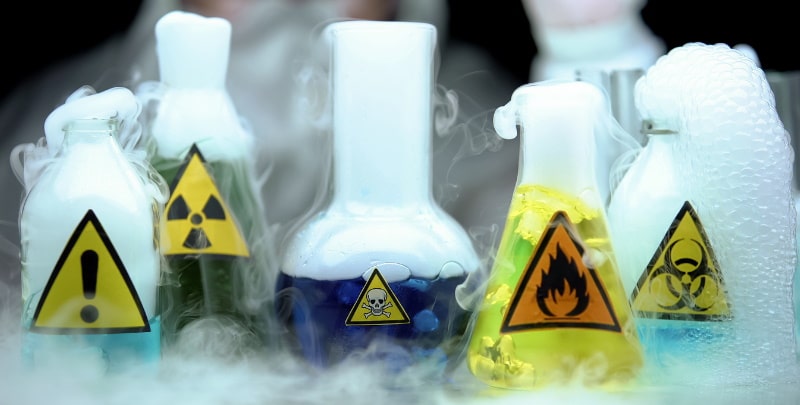

:max_bytes(150000):strip_icc()/157730815-56a130a25f9b58b7d0bce7e7.jpg)






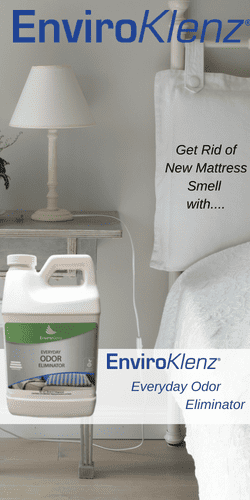



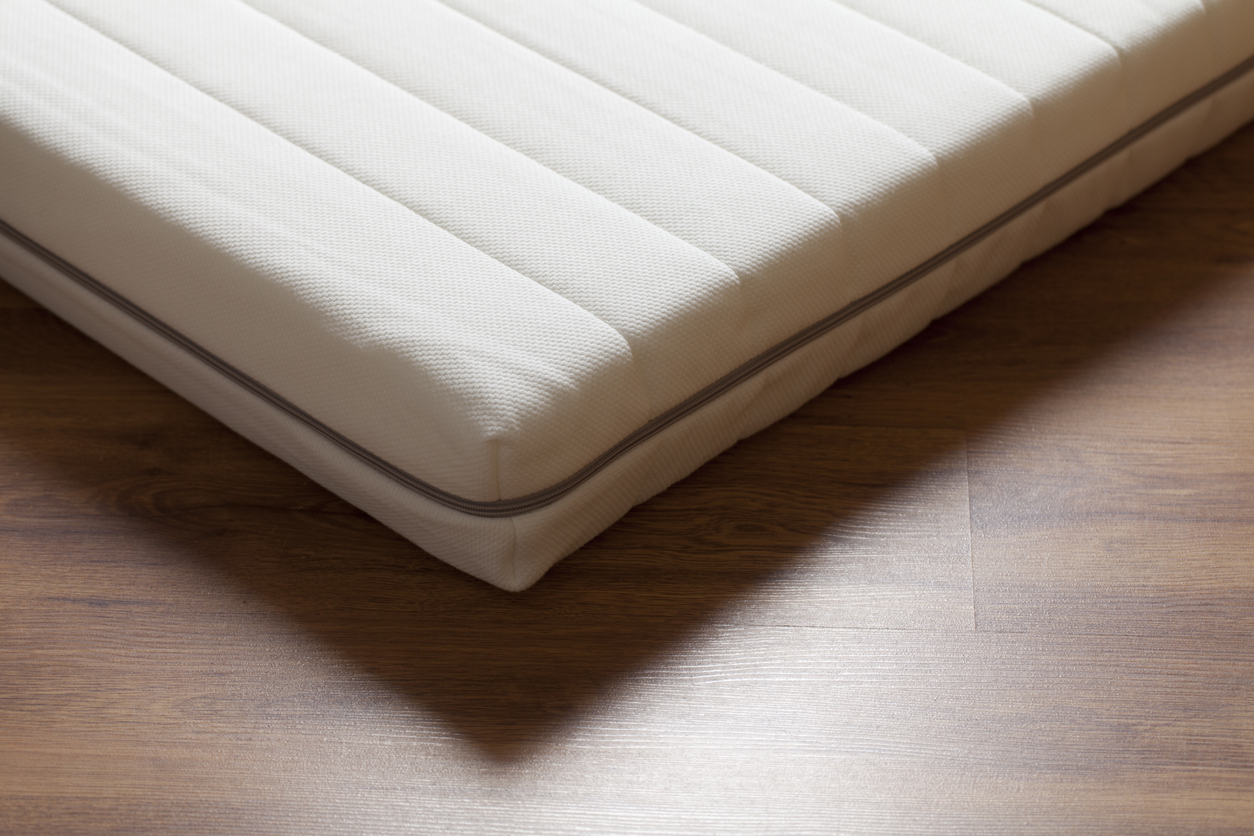
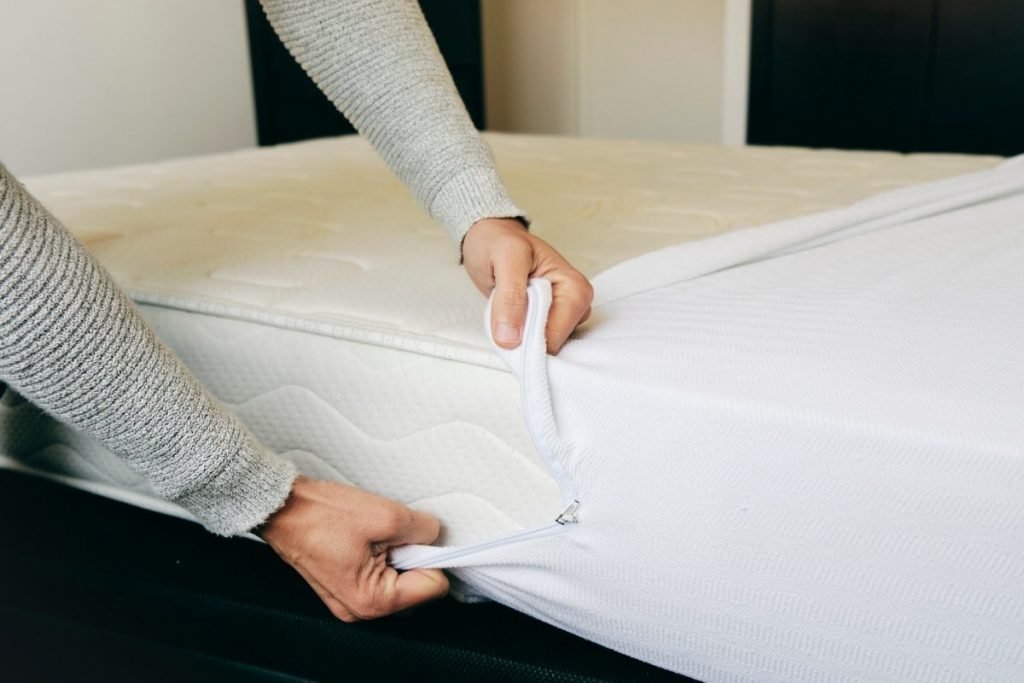


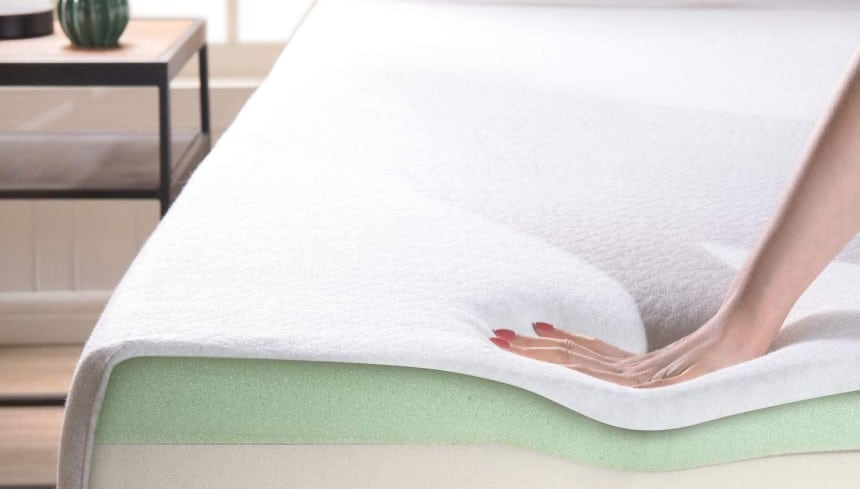


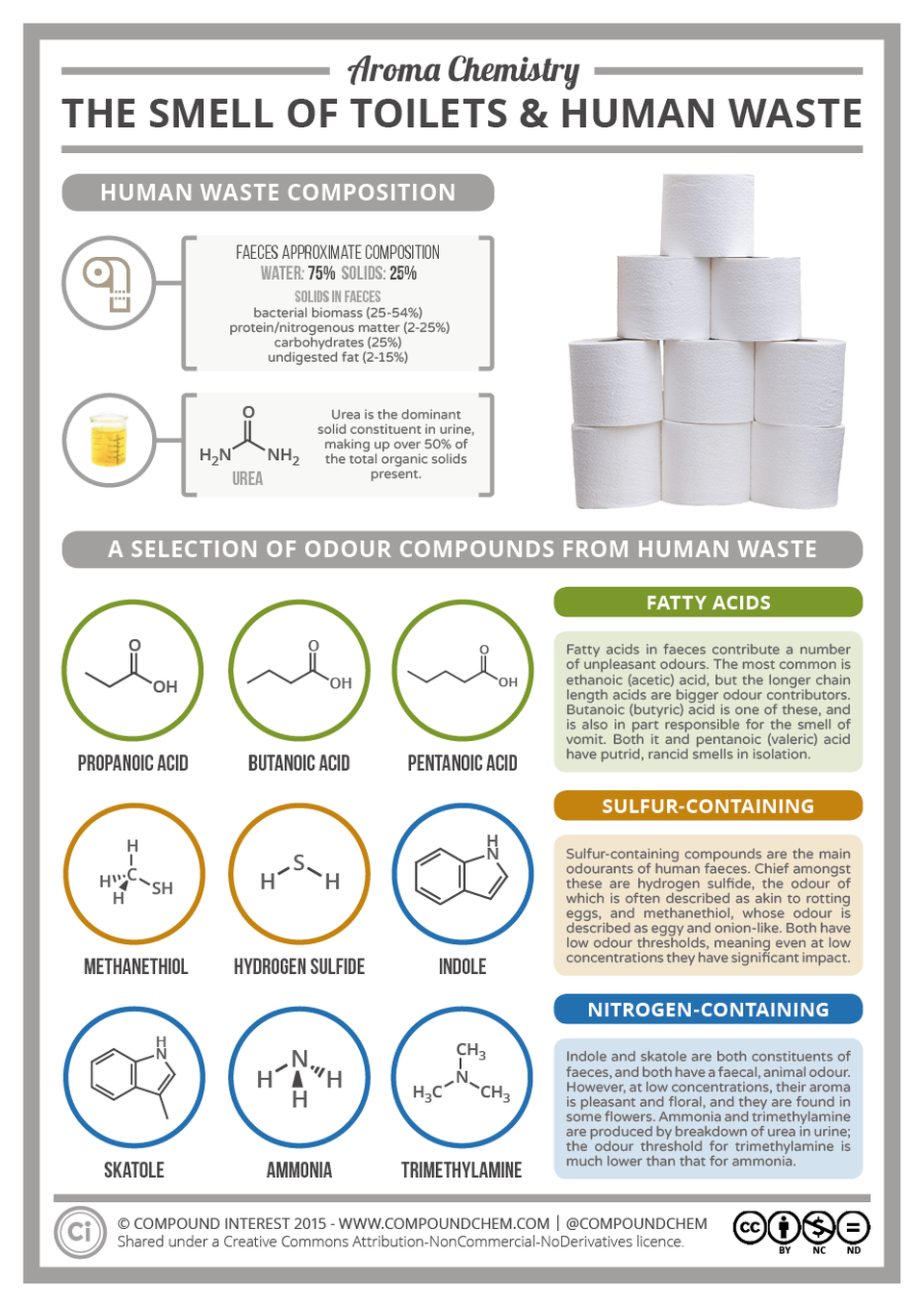
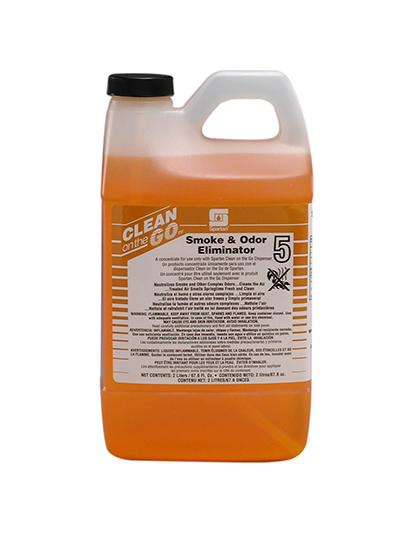

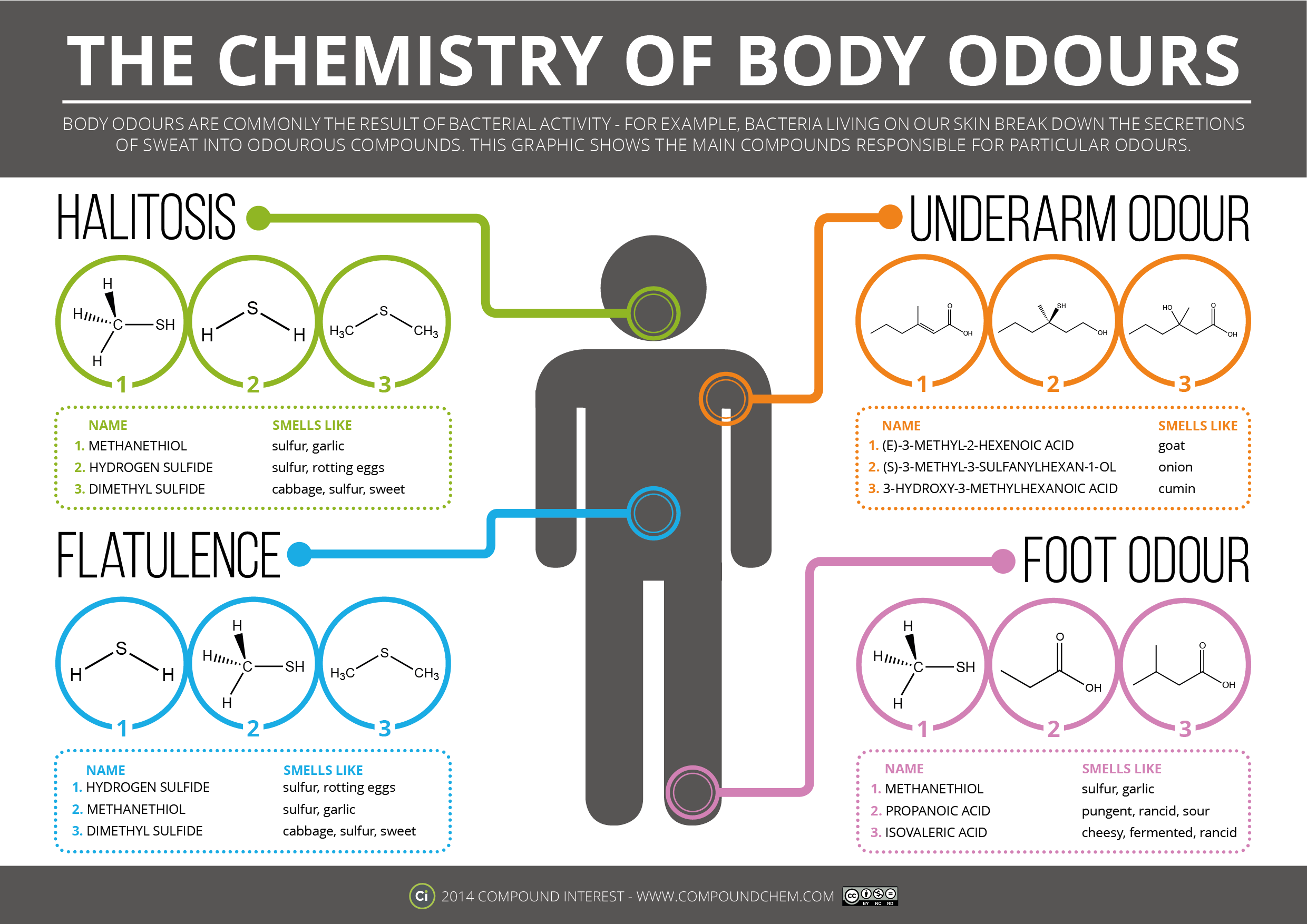




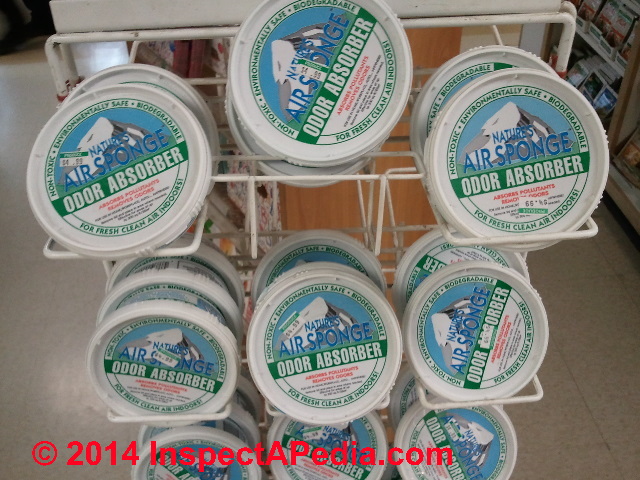
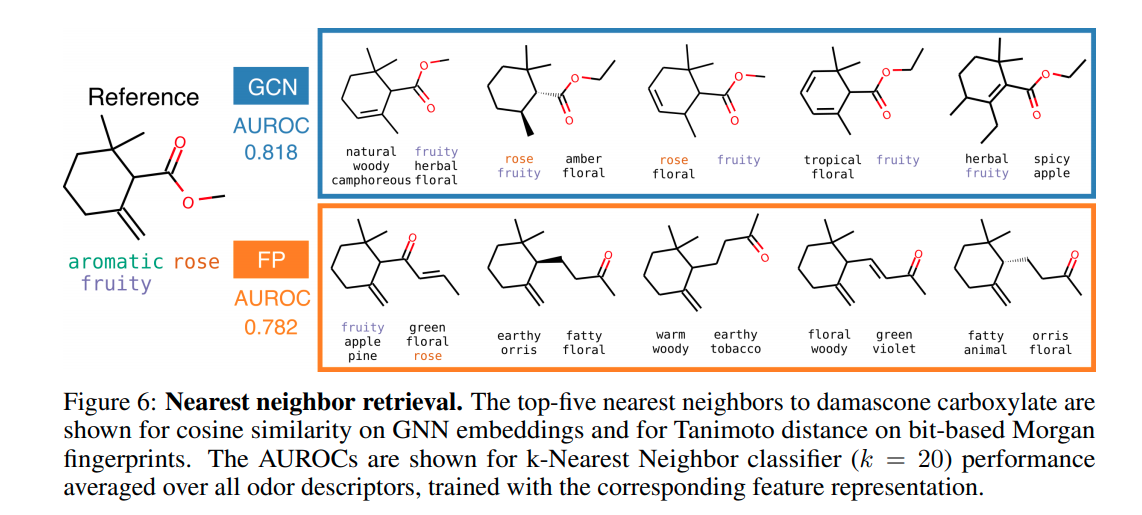

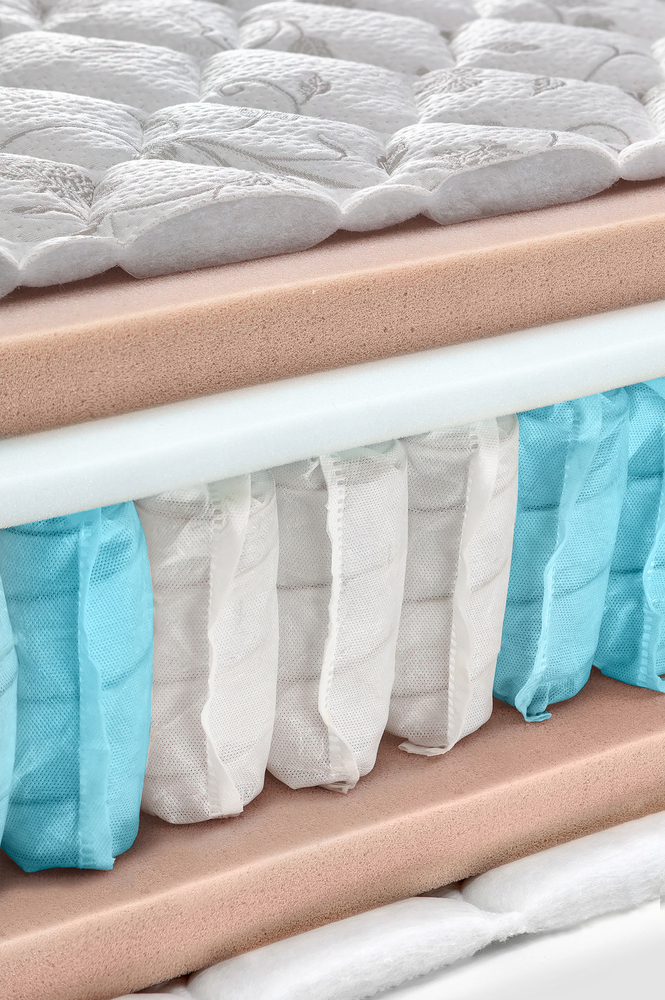






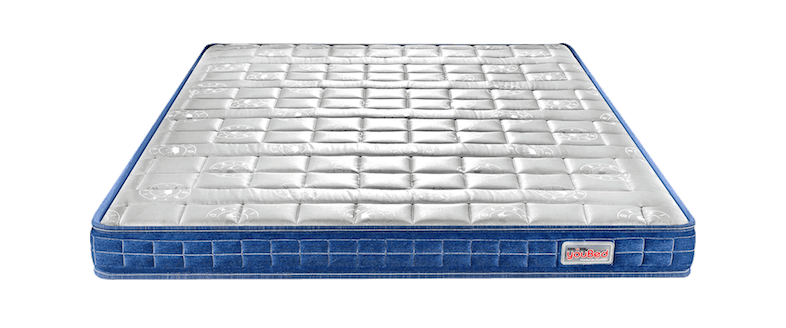





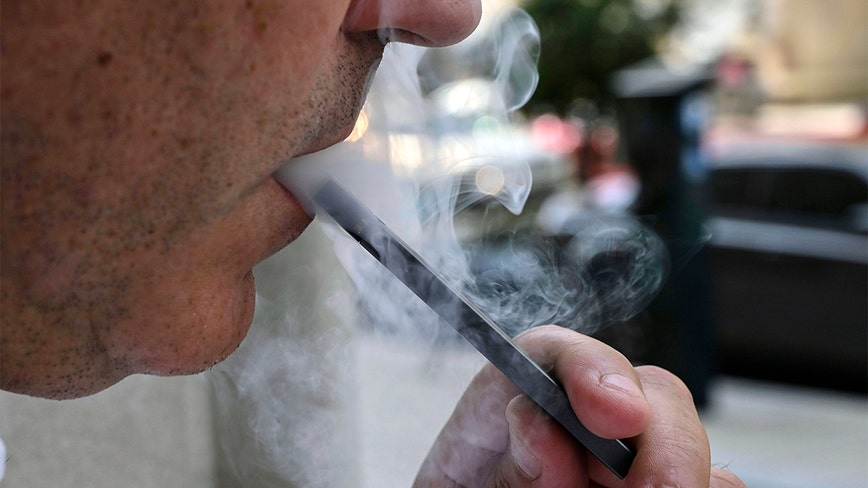















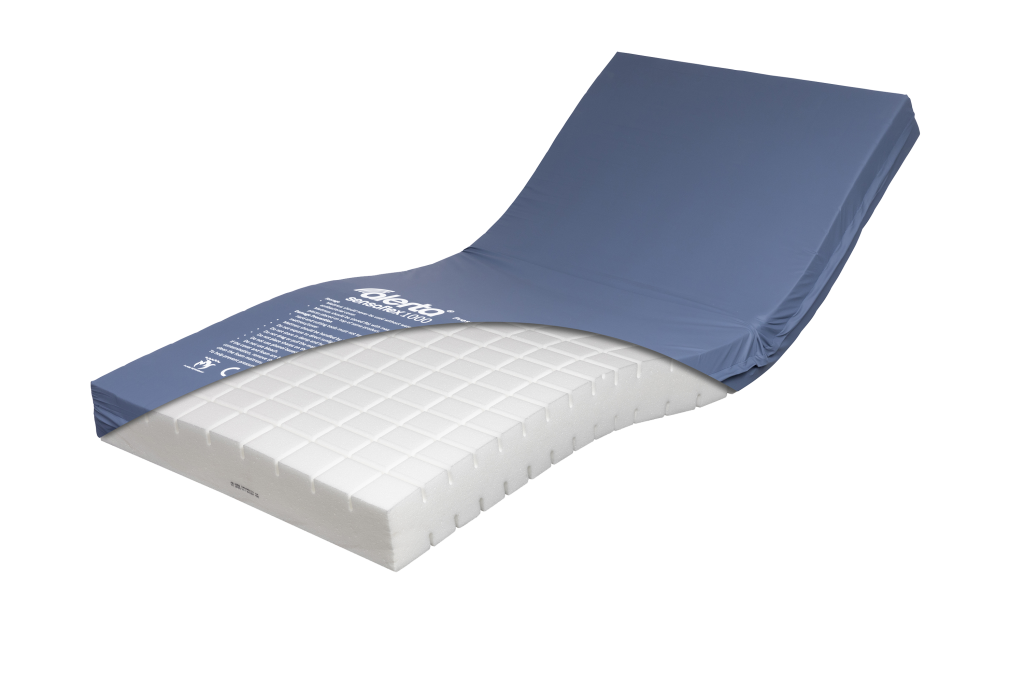










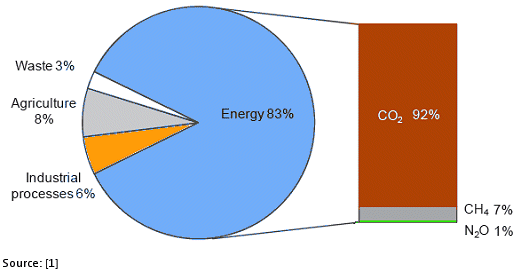
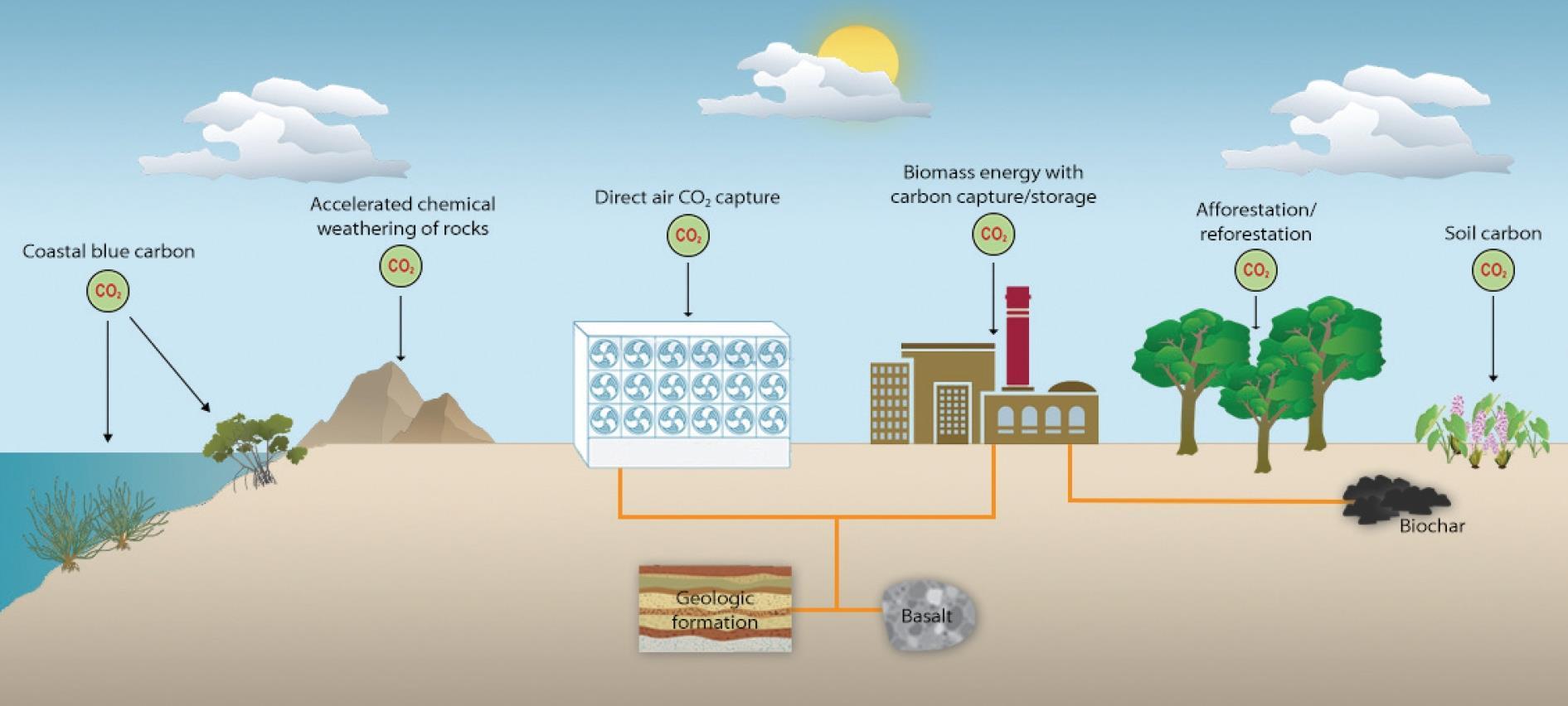




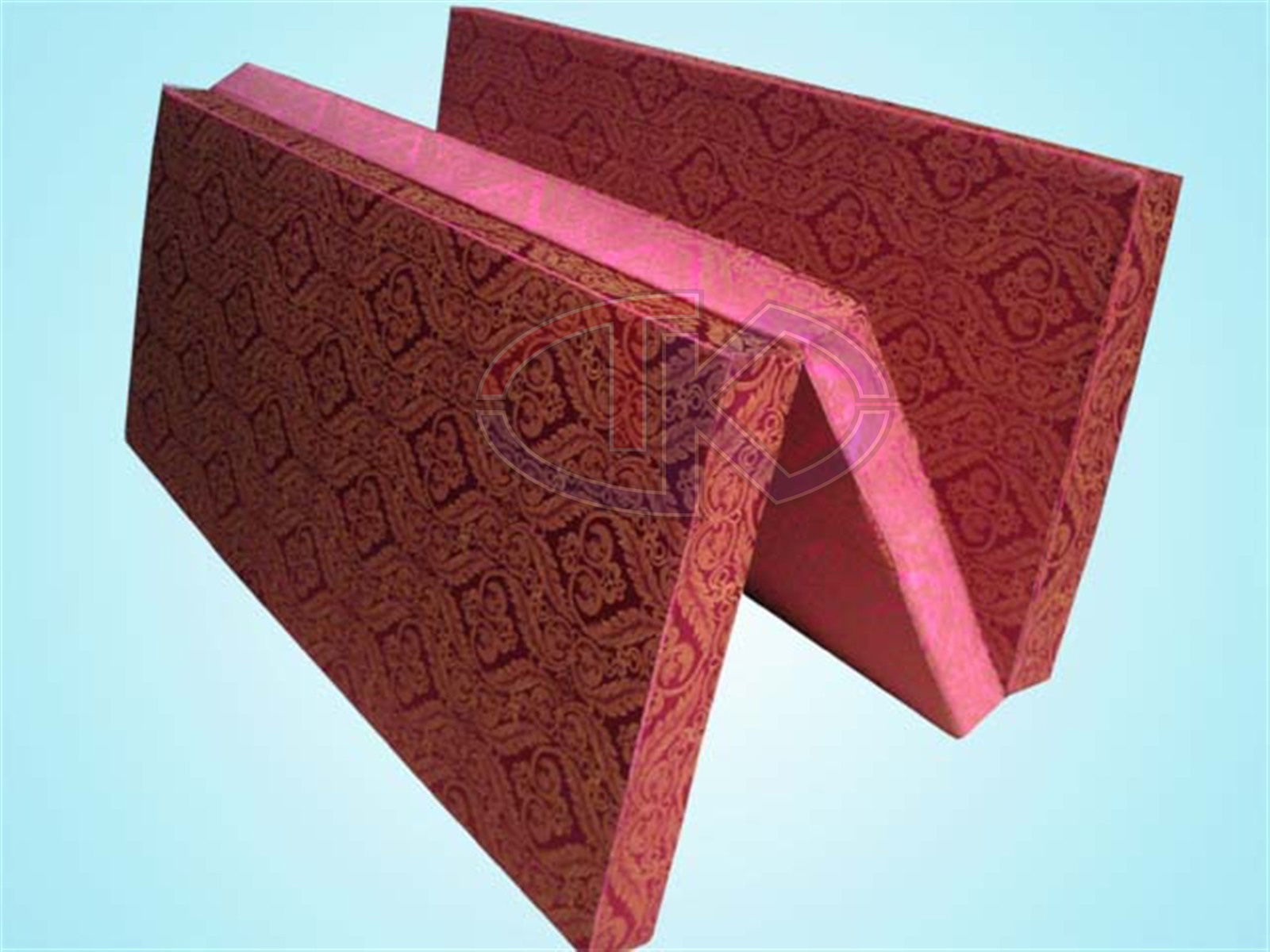

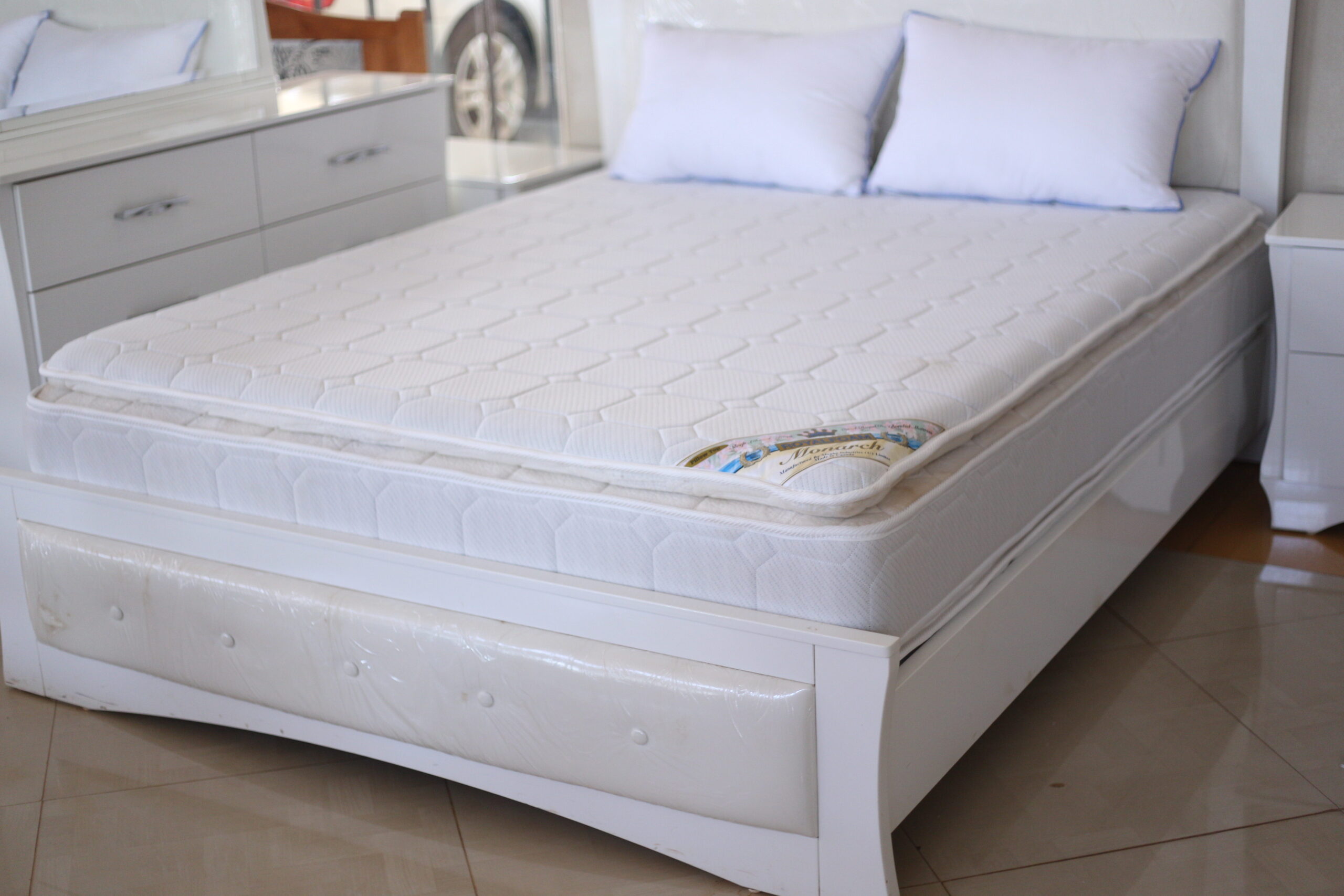

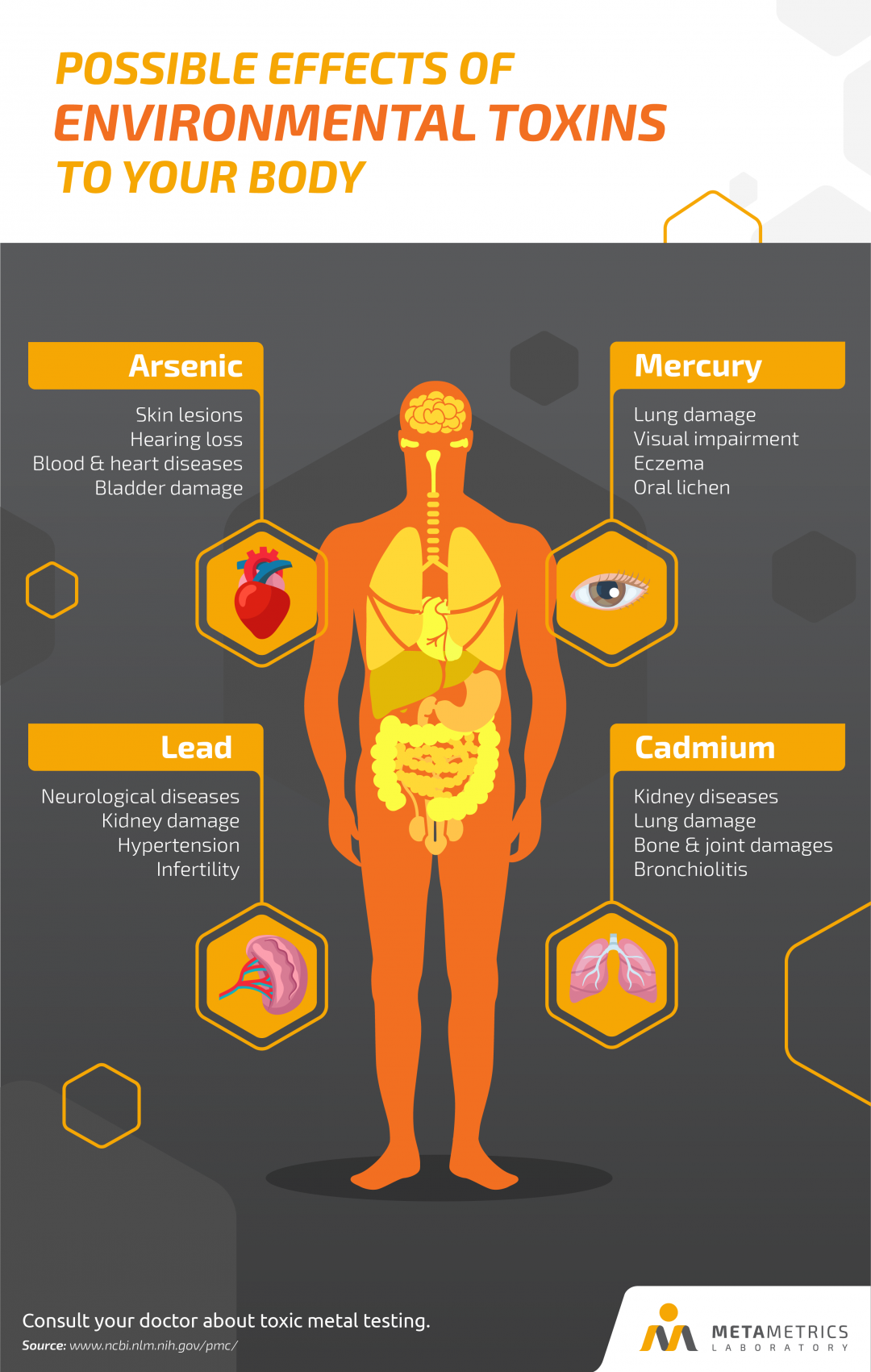
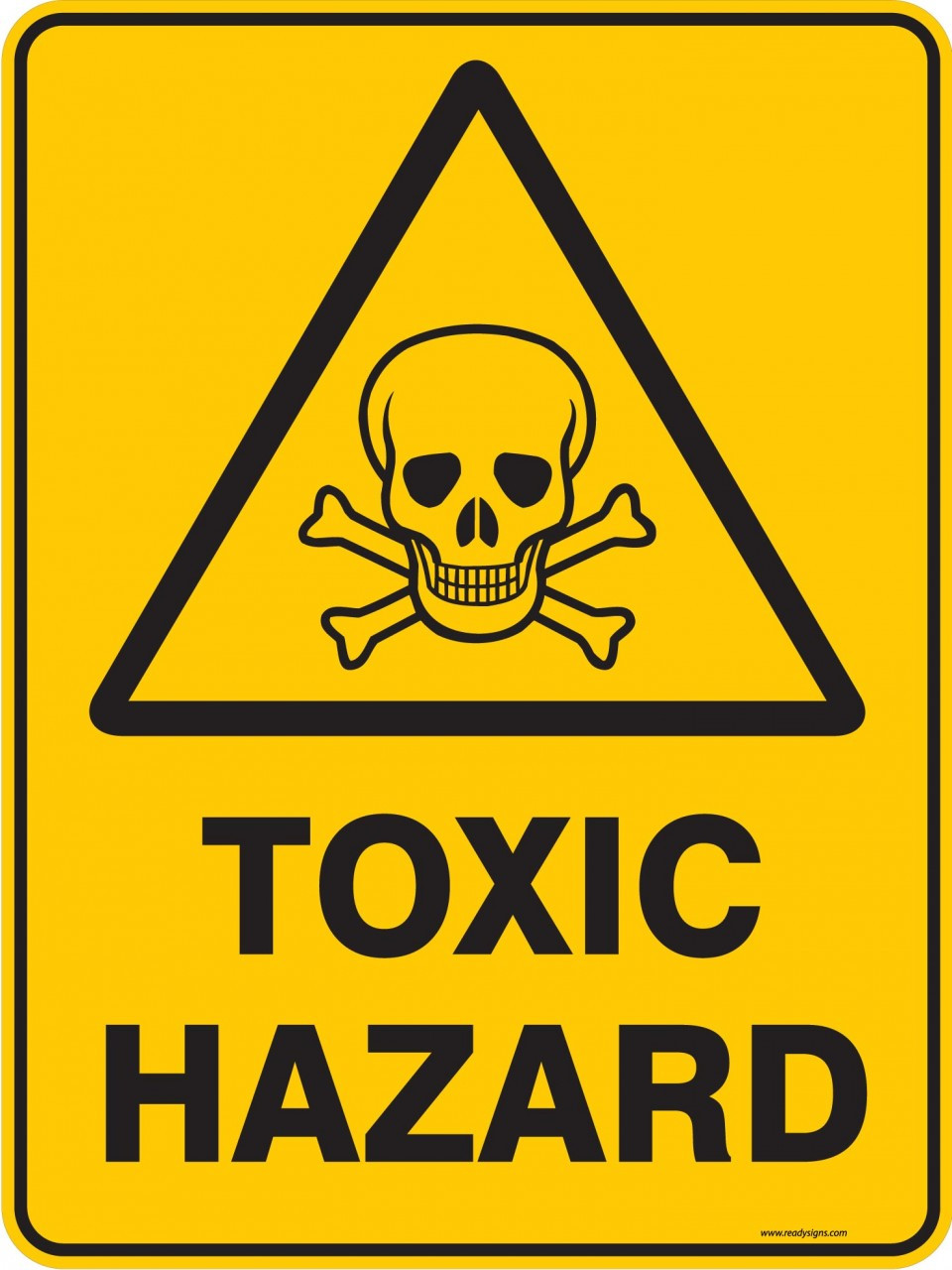
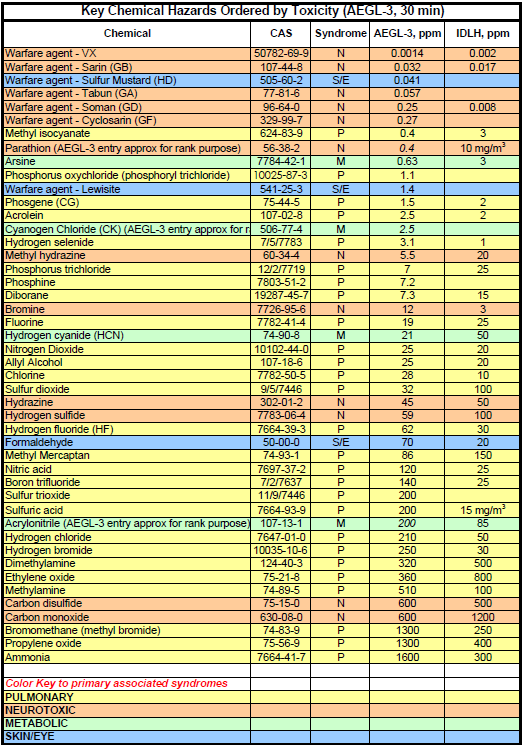

/bottles-with-toxic-labels-95011729-586ba8493df78ce2c3a42e7e.jpg)


